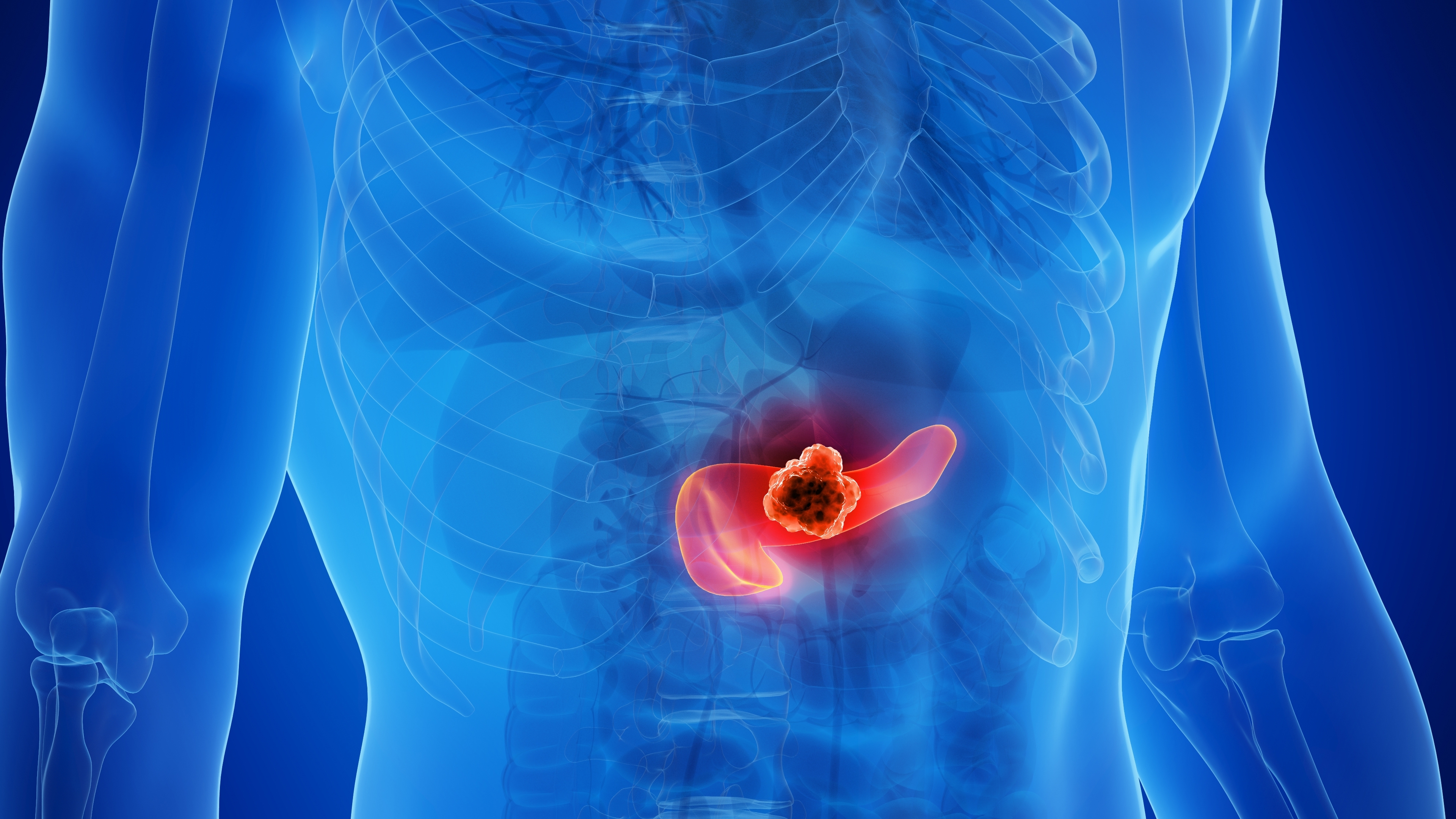
(Vienna, 07 November 2024) Pancreatic cancer is on the rise in the western world - the number of diagnoses is expected to increase by up to 80 per cent by 2040. Due to its aggressive progression, pancreatic cancer is an enormous burden for patients and their families. This is precisely why it is so important to raise awareness of this cancer. To mark World Pancreatic Cancer Day on 21 November, Selbsthilfe Pankreaskarzinom, together with the Comprehensive Cancer Center Vienna (CCC) of MedUni Vienna and University Hospital Vienna, is organising a comprehensive information day for interested parties, patients and relatives from 16:00 to 19:00 at the Dominikanerkonvent (Postgasse 4, 1010 Vienna).
Informing and educating - that is the aim of the joint information event organised by the CCC and Selbsthilfe Pankreaskarzinom (Pancreatic Cancer Self-Help), which will feature specialist presentations by experts from MedUni Vienna and University Hospital Vienna to provide information and raise awareness about pancreatic cancer, early detection, diagnosis, treatment and risk identification. ‘We don't want to leave those affected and their relatives alone with the diagnosis. Events like this provide a space for dialogue and help to advance research into pancreatic cancer,’ explains Michaela Hirt from the Pancreatic Cancer Self-Help Association. The information event was therefore organised together with the Comprehensive Cancer Center, which brings together all the cancer experts from medicine and care at MedUni Vienna and Vienna General Hospital.
Raising awareness of a new widespread disease
There has been an increase in diagnoses of pancreatic cancer in the western world. Experts even assume that the number of diagnoses will increase by up to 80 per cent. This huge increase is partly due to the ageing population, as pancreatic cancer is definitely a disease of old age, but also correlates to a certain extent directly with an unhealthy lifestyle - especially the Western diet. ‘We know that highly processed food such as fast food increases the risk of various types of cancer. In the case of pancreatic cancer in particular, we are seeing that the number of cases of cancer is increasing in line with the rise in cases of diabetes and obesity,’ emphasises Gerald Prager from the Department of Medicine I at MedUni Vienna and Vienna General Hospital. This can already be seen in the symptoms of the disease, as the sudden onset of diabetes mellitus could be a sign of pancreatic cancer.
Early detection can save lives
‘A lot is happening in science, but there are currently no precise markers in the blood that provide clear information about the presence of pancreatic cancer. In addition, there is no real screening programme for people without a genetic predisposition and the cancer is detected too late in eight out of ten cases. It is therefore essential to raise awareness of symptoms until other options are available to us. RAS mutations, mutated genes from the RAS family, which make cells resistant to most available cancer therapies, are the Achilles heel of pancreatic cancer, which is why research is currently being carried out, including at MedUni Vienna and Vienna General Hospital, to block these in the tumour genome,’ explains Gerald Prager. However, the current approach, a combination of chemotherapy and, if possible, surgical removal of the tumour, can also ensure long-term recovery. Thanks to modern surgical procedures and effective chemotherapy, surgery is also becoming an option for more and more patients. ‘The symptoms range from jaundice and recurring abdominal pain to severe weight loss. Much of this is often taken lightly and only medically clarified when it is too late. Providing information and raising awareness really does save lives here,’ adds Michaela Hirt, emphasising the importance of early detection.
The information day will cover the entire spectrum of pancreatic cancer, from possible symptoms and diagnosis to current and future treatment methods. In addition to the informative aspect, the focus is on offering patients a trustworthy point of contact after the drastic diagnosis. This is also offered in the form of bi-monthly self-help meetings, where those affected and their relatives can exchange information and share experiences.